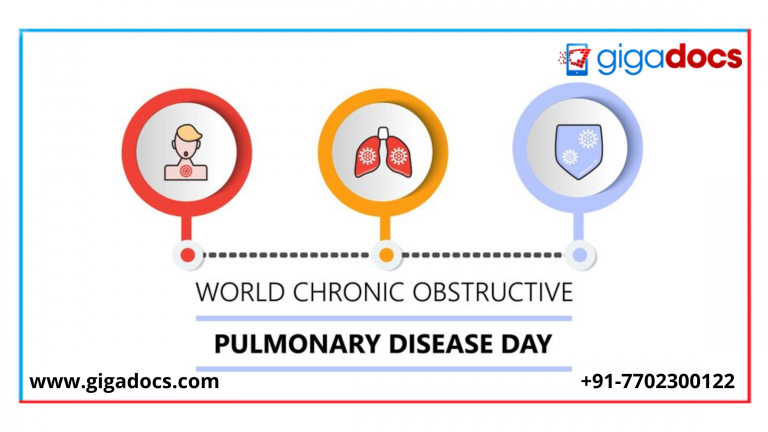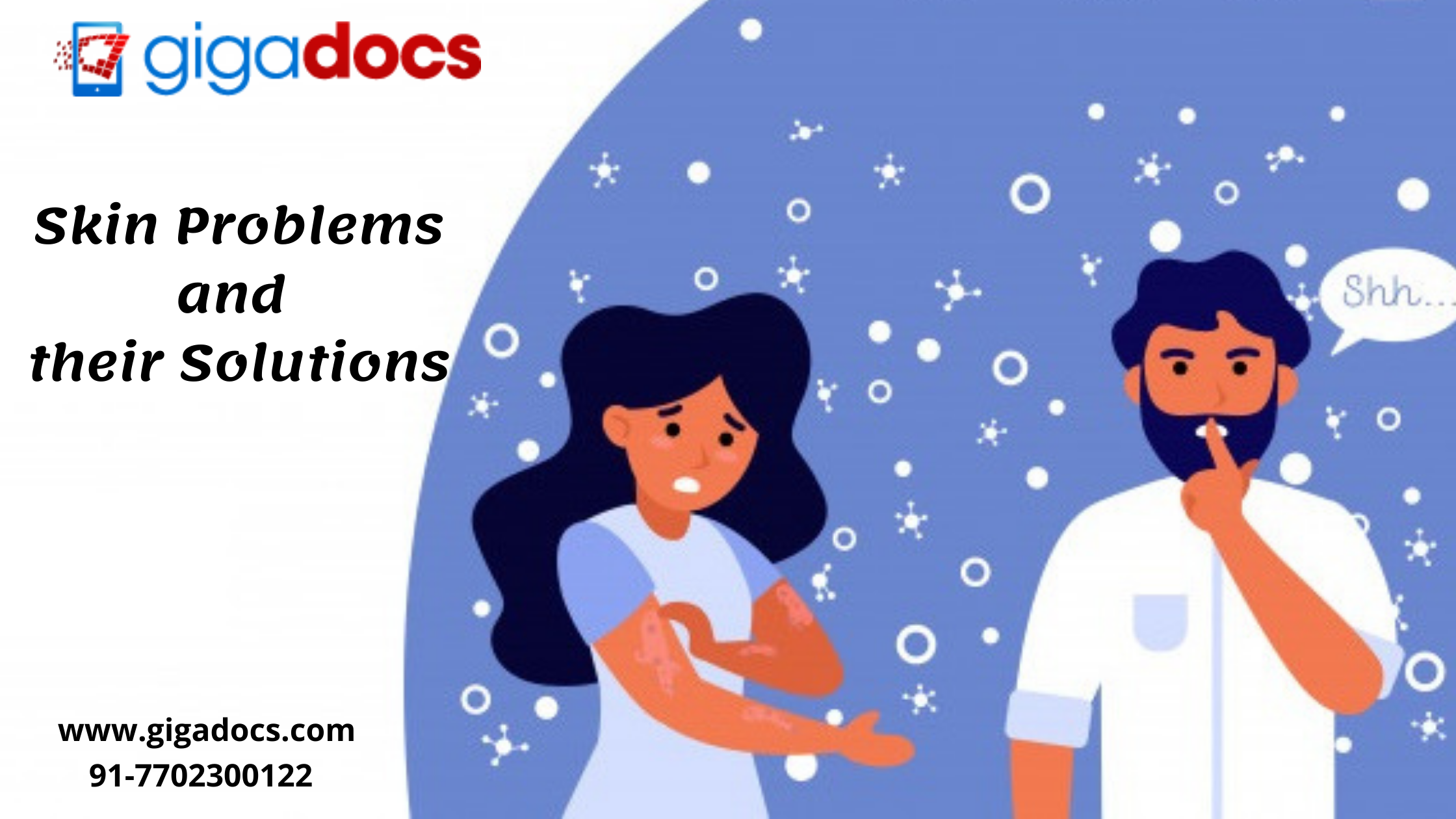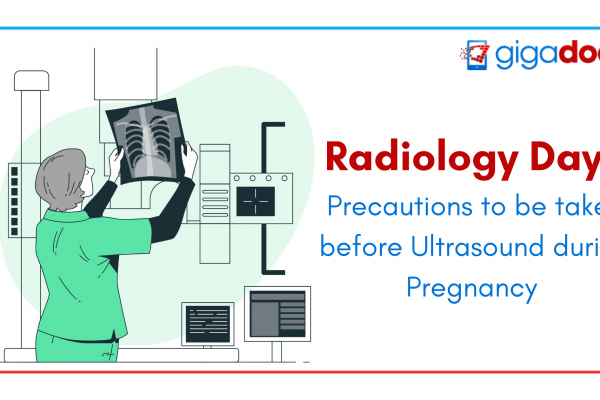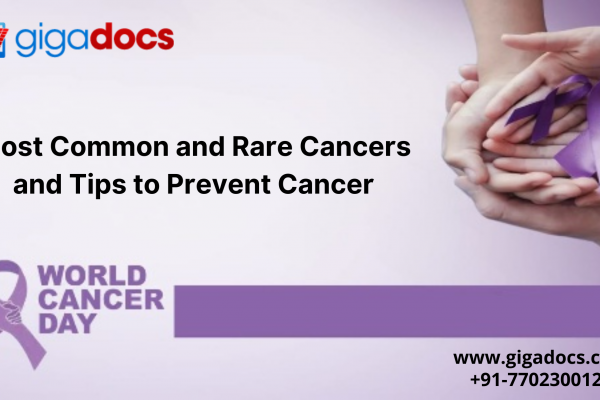If you have difficulty breathing, especially while climbing stairs- Beware, it could be COPD. COPD refers to a group of diseases, including chronic bronchitis and emphysema. COPD makes breathing more difficult over time; although COPD is an irreversible condition, lifestyle and medication changes can help the affected manage the symptoms.
This Chronic Obstructive Pulmonary Disease (COPD) Day, on November 16, 2022, lets us understand the symptoms, risks, and how COPD relates to Covid19.
Symptoms of Chronic Obstructive Pulmonary Disease (COPD)
- Cough with mucus that lasts for a long time.
- Difficult to take a deep breath.
- Mild exercise, like using the stairs, leads to shortness of breath.
- Shortness of breath while performing routine daily activities.
Risk Factors of COPD
The most common cause of COPD is smoking. However, not every smoker develops the disease. You may be more vulnerable if you have experienced any the following:
- Had respiratory infections as a kid.
- Have reached 65.
- Have been subjected to prolonged air pollution.
- Have experience working with chemicals, dust, or fumes.
COPD and Covid-19 | Understand Your Risks
Covid-19 has wreaked havoc in our lives, but do you know that COPD is more likely to be serious if you had contracted Covid-19 in the past?
Without medical treatment, approximately 80% of people recover completely from COVID-19. However, your COPD puts you at a higher risk of becoming seriously ill if you become infected with SARS-CoV-2, which causes COVID-19.
Severe COVID-19 could result in the following:
- Shock that leads your circulatory system to malfunction and prevents blood from reaching your organs. It can be fatal.
- Acute respiratory distress syndrome (ARDS) causes your lungs to fill with fluid, preventing you from breathing in enough oxygen.
- Heart disease
Other factors that increase your risk of serious illness with COVID-19 include:
- Over 60 years of age
- Smokers with a cigarette or a vape
- High blood pressure
- Suffering from diabetes, heart disease, or cancer.
- Have a compromised immune system.
What are the stages of COPD?
COPD can deteriorate over time. The Following describes the different stages of COPD?
- Mild COPD (stage 1 or early stage)
The first sign of COPD is frequently feeling out of breath while performing light exercises such as walking up stairs. Many people are unaware they have COPD because it is easy to attribute this symptom to being out of shape or aging. Another symptom is a phlegm cough (a cough with mucus), which is especially bothersome in the morning. These are early symptoms of COPD.
- COPD ranging from mild to severe (stages 2 and 3).
Shortness of breath is more noticeable in advanced COPD patients. Even during routine activities, you may experience shortness of breath. Exacerbations of COPD are also more common in the advanced stages of the disease, characterized by phlegm discoloration, and increased shortness of breath. You also become more susceptible to lung infections such as bronchitis and pneumonia.
- Extremely severe COPD (stage 4)
Almost everything you do can cause shortness of breath when COPD becomes severe. This restricts your mobility. Supplemental oxygen from a portable tank may be required.
What’s the Difference Between Asthma and COPD?
| Asthma | COPD |
| Asthma is a common disease which can make breathing difficult and trigger coughing. | COPD is a chronic and progressive disease. |
| Allergens frequently trigger asthma attacks. | The primary cause of COPD is smoking. |
| People who have asthma do not necessarily develop COPD | COPD patients do not always have asthma. |
Calling a doctor for COPD Symptoms?
Do not wait until your next appointment to contact your doctor if you have any signs or symptoms of COPD. If you notice your symptoms as discussed above, download the Gigadocs app and book your consultation with lung disease specialists who will prescribe you medications to alleviate them. Our advice is to Never change or discontinue medications without consulting your doctor.
How is COPD Diagnosed?
Doctors take your medical history, perform a physical exam, and order some tests, to evaluate your lungs and overall health. To diagnose COPD, your doctor will ask you questions such as:
- Do you smoke?
- Have you been exposed to dust or air pollutants?
- Do you get out of breath when you exercise? When do you sleep?
- Have you been coughing or wheezing for extended periods?
- Do any other members of your family suffer from COPD?
- Do you have phlegm in your throat?
COPD Treatment with Gigadocs
COPD is treatable, even though it is a progressive disease that worsens over time. Most people with COPD can achieve good symptom control and quality of life with proper management and a lower risk of other associated conditions.
If you or your loved one has breathing difficulties, especially at the onset of winter, download the Gigadocs app to consult the best lung and chronic disease specialists. Gigadocs wishes you a safe and healthy Winter!
Download the Gigadocs App from-
- IOS App – apple.co/2W2iG4V
- Android App – bit.ly/33AQoRC
To know more e-mail, at info@gigadocs.com




